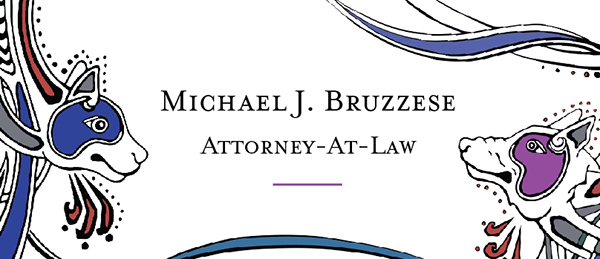As a general rule, if an employer terminates your employment, you are entitled to receive unemployment compensation benefits, as long as your termination is not due to willful misconduct or some other disqualifying event.
However, employers often contest or oppose the grant of unemployment benefits because they: are unaware of the proper legal standards; contest all unemployment applications as a matter of policy; sincerely believe that your termination was a result of willful misconduct or other disqualifying event; or simply act out of malice or spite. In any event, you will find yourself in a process where your unemployment compensation claim has been assigned to a hearing officer (called a “referee”) and a hearing date has been scheduled.
It is usually advisable, and sometimes imperative, that you have a lawyer who is familiar with the large body of law and decided court cases that apply to unemployment compensation.
An unemployment compensation hearing is like a “min-trial”; instead of lasting days like a jury trial, the referee usually sets aside 30 minutes to hear both sides. There’s a lot to be done in such a short period of time. It is absolutely necessary that the testimony you provide be focused on the issue at hand: e.g., whether your termination was due to willful misconduct, not a rehashing of your entire employment history and a list of grievances against your employer.
Although unemployment compensation hearings are meant to be less formal than trials, there are, nonetheless, rules and procedures that need to be followed regarding testimony, evidence, direct and cross-examination and objections. It’s a very structured proceeding, not a free for all!
I handle unemployment compensation cases for a flat fee. I meet with you before the scheduled date of the hearing and get you prepared to tell your side of the story in a concise, direct fashion and to provide the information that the referee needs to hear to make a decision. Also, you will be subject to cross-examination in a hearing; I get you ready to handle the questions that the other side will probably ask.
If you find yourself having to fight for the unemployment compensation you deserve, don’t take your chances alone; have me on your side.


